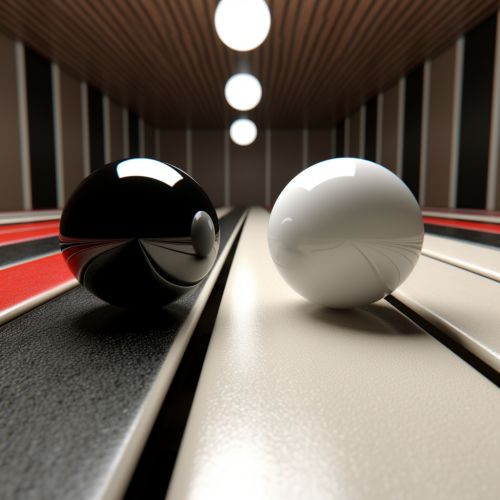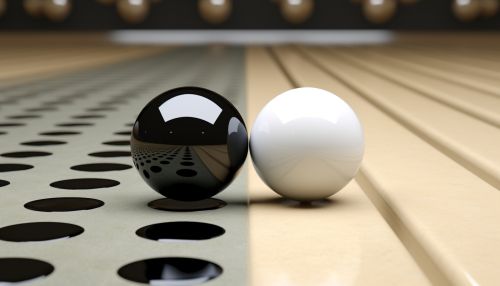Quantum Bits
Introduction
Quantum bits, or qubits, are the fundamental units of quantum information. Unlike classical bits, which can be either 0 or 1, a qubit can be in a superposition of states, meaning it can be both 0 and 1 at the same time. This property, along with the ability to entangle qubits, allows quantum computers to process information in ways that classical computers cannot.
Quantum Superposition
In quantum superposition, a quantum system can be in multiple states at the same time. When a measurement is made, the system collapses into one of the possible states. The probability of the system collapsing into a particular state is determined by the square of the amplitude of that state. This is known as the Born rule.
Quantum Entanglement
Quantum entanglement is another key property of qubits. When two qubits are entangled, the state of one qubit is directly related to the state of the other, no matter how far apart they are. This phenomenon, which Einstein famously called "spooky action at a distance," is fundamental to quantum computing and quantum information theory.


Qubit Representation
Qubits are often represented by a point on the surface of a Bloch sphere. The north and south poles of the sphere represent the two basis states (0 and 1), and any point inside the sphere represents a superposition of these states. The location of the point within the sphere gives the probabilities of measuring each state.
Quantum Gates
Just as classical bits are manipulated using logic gates, qubits are manipulated using quantum gates. Quantum gates are linear transformations that operate on qubits. They are represented by unitary matrices, and they preserve the quantum nature of qubits.
Quantum Computing
In a quantum computer, qubits are used to perform computations. Because of superposition and entanglement, quantum computers can perform certain tasks much more efficiently than classical computers. For example, Shor's algorithm for factoring large numbers and Grover's algorithm for searching unsorted databases are both exponentially faster on a quantum computer.
Quantum Error Correction
However, qubits are very sensitive to their environment, and errors can easily occur. Quantum error correction is a set of techniques used to protect quantum information from errors due to decoherence and other quantum noise. These techniques are essential for building reliable quantum computers.
